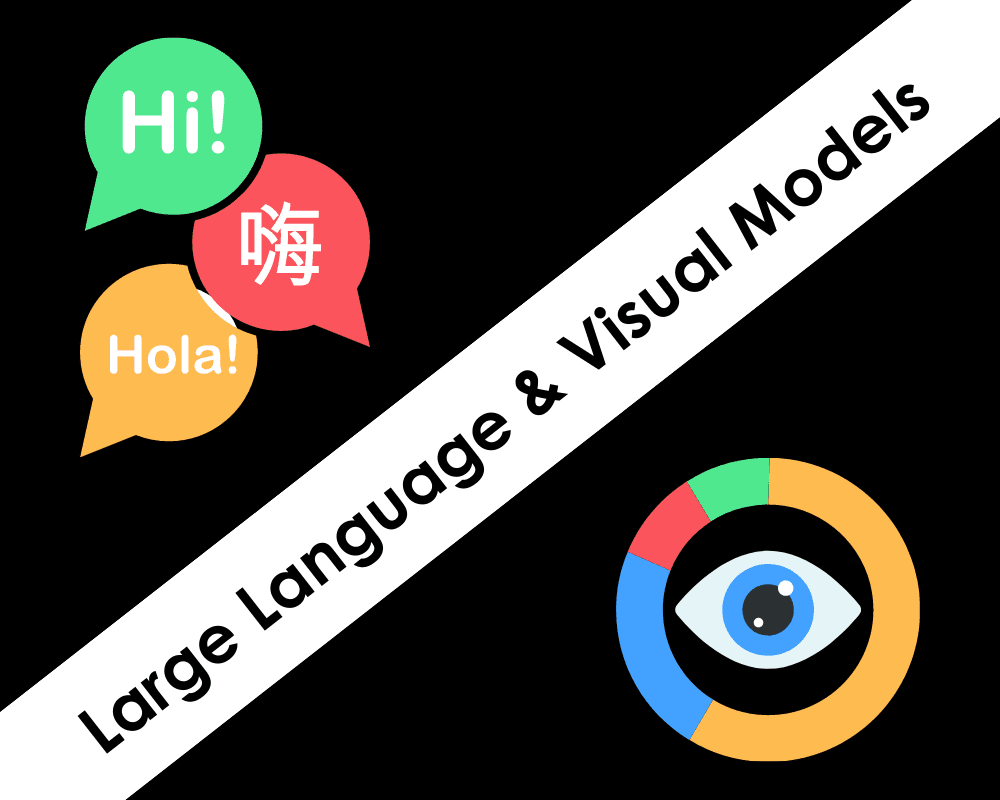
Google Eyes Vietnamese AI Expansion with Large Language Model
Vietnam has emerged as a key player in the global technology landscape, driven by a young, tech-savvy population and a burgeoning digital economy. In recent years, the country has attracted the attention of major tech giants, including Google, which has been eyeing an expansion into Vietnam’s artificial intelligence (AI) sector. The latest development in this trajectory is Google’s ambitious plan to introduce a large language model (LLM) tailored for the Vietnamese market. This move aligns with Google’s broader strategy to enhance AI accessibility and foster innovation across Southeast Asia.
The Rise of AI in Vietnam
Vietnam’s technology sector has seen exponential growth, with AI playing a significant role in shaping its digital transformation. The government has actively promoted AI research and development through initiatives like the National Strategy on AI by 2030. With AI-powered solutions gaining traction in industries such as healthcare, finance, and e-commerce, Google’s investment in a Vietnamese-focused LLM could further accelerate the country’s AI adoption.
Government Support for AI Innovation
The Vietnamese government has prioritized AI as a cornerstone of its digital economy, offering incentives for AI-driven startups and research initiatives. Institutions like the Vietnam National University and VinAI Research have been at the forefront of AI innovation, fostering talent and collaboration with global tech companies.
A Thriving Tech Ecosystem
Vietnam boasts a rapidly growing digital economy, with a strong presence of AI startups and research centers. Companies like FPT AI, VinAI Research, and Zalo AI have made significant contributions to AI advancements, paving the way for further international partnerships. Google’s expansion into Vietnam’s AI landscape reflects the country’s increasing relevance in the global AI ecosystem.
Google’s Large Language Model Initiative
Google’s large language model initiative aims to localize AI-driven experiences for Vietnamese users. With the rise of natural language processing (NLP) applications, the introduction of an LLM could significantly improve machine translation, speech recognition, and conversational AI solutions in the Vietnamese language.
Enhancing Vietnamese NLP Capabilities
While existing AI models support Vietnamese to some extent, Google’s dedicated LLM for the language promises a more nuanced understanding of local dialects, slang, and cultural contexts. This improvement could lead to better AI-driven applications in:
- Search and Voice Assistants: Google Assistant and Search could become more intuitive for Vietnamese users.
- Content Creation: AI-generated content in Vietnamese could improve digital marketing and journalism.
- Customer Support: Automated chatbots with a deeper understanding of Vietnamese could enhance customer service experiences.
- Education: AI-powered language learning tools could help students improve their Vietnamese proficiency.
Collaboration with Vietnamese Institutions
Google has a history of collaborating with local governments, academic institutions, and startups to promote AI development. By working closely with Vietnamese universities and research centers, Google aims to refine its LLM and ensure it aligns with the linguistic and cultural intricacies of the Vietnamese language.
Challenges and Considerations
Despite the promising prospects, Google’s AI expansion in Vietnam faces several challenges that must be addressed for successful implementation.
Data Privacy and Security
Vietnam has strict data protection regulations, and concerns over data privacy remain paramount. Google must ensure that its AI models comply with local laws and prioritize user data protection.
Ethical AI Deployment
AI biases and misinformation are critical challenges in large language models. Ensuring that Google’s Vietnamese LLM adheres to ethical AI guidelines and avoids propagating biased or misleading content is crucial.
Competition from Local AI Firms
Vietnam’s AI landscape is highly competitive, with homegrown companies developing their own language models and AI solutions. Google must differentiate its offering by providing superior language understanding and innovative AI-driven applications.
Infrastructure and Talent Development
While Vietnam has a growing AI talent pool, further investments in AI education and infrastructure will be necessary to sustain long-term growth. Google’s role in upskilling local AI professionals and supporting AI research will be key to the success of its expansion efforts.
Potential Impact on Vietnam’s AI Landscape
Google’s entry into the Vietnamese AI sector with an LLM could have far-reaching implications for the country’s tech ecosystem.
Boosting AI Research and Development
The introduction of Google’s LLM will likely encourage further AI research and development in Vietnam. Collaborations between Google and local AI firms could lead to groundbreaking innovations in NLP and machine learning.
Economic Growth and Job Creation
AI-driven technologies have the potential to create new job opportunities and stimulate economic growth. With Google’s investment, Vietnam could see an increase in AI-related job roles, including AI engineers, data scientists, and NLP specialists.
Strengthening Vietnam’s Role in Global AI
With a dedicated LLM, Vietnam could position itself as a major AI hub in Southeast Asia. Google’s expansion may attract more international tech firms to invest in the country’s AI ecosystem, further elevating its status in the global AI landscape.
Conclusion
Google’s decision to expand its AI footprint in Vietnam with a large language model marks a significant milestone in the country’s digital transformation journey. By leveraging its expertise in AI and NLP, Google aims to enhance Vietnamese language AI capabilities and foster innovation in the region. However, overcoming challenges related to data privacy, ethical AI deployment, and competition from local AI firms will be crucial to the success of this initiative. As Vietnam continues to embrace AI, Google’s investment could serve as a catalyst for the country’s emergence as a leading AI powerhouse in Southeast Asia.


